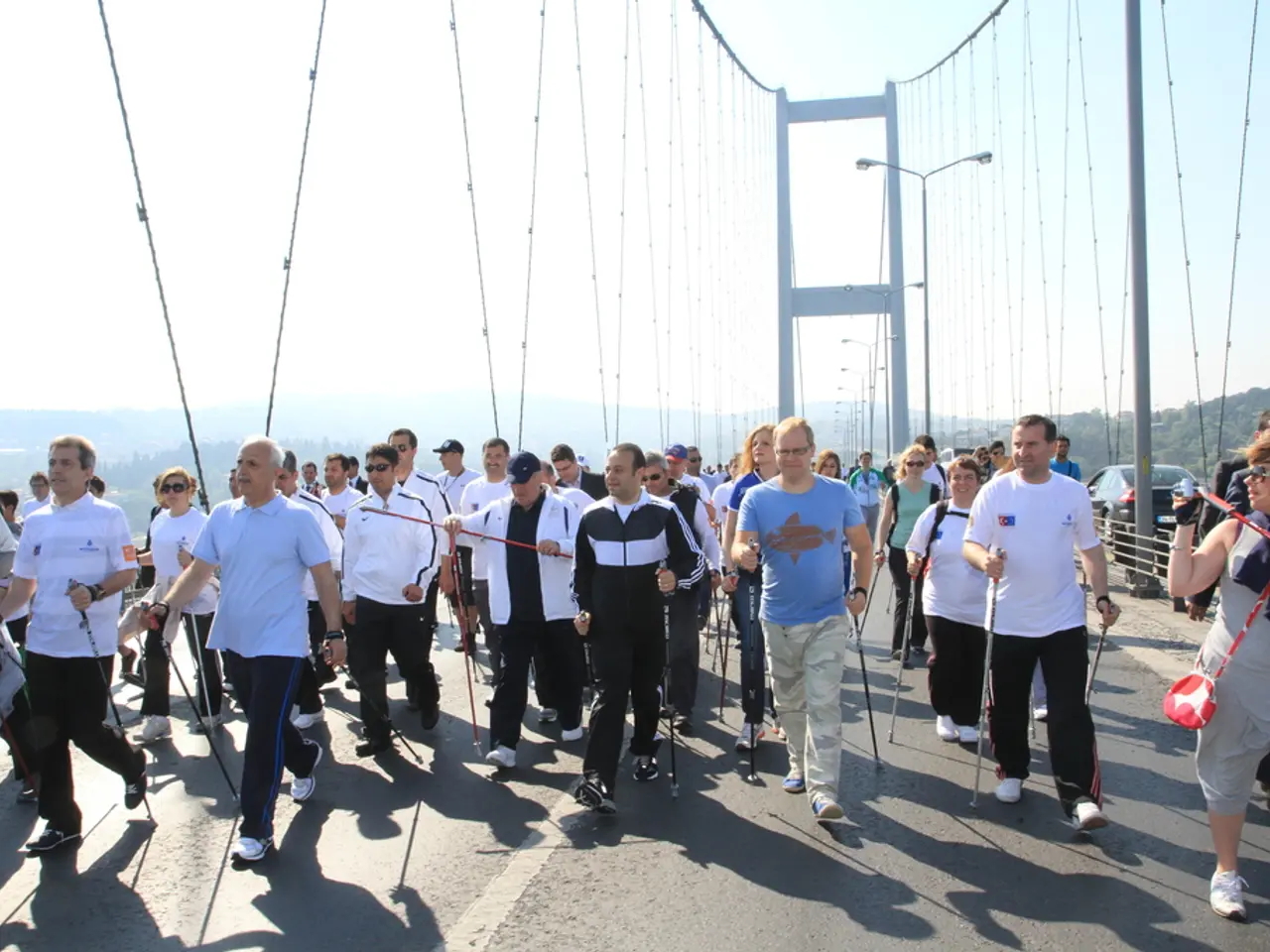Must-Know Health Guidelines for Senior Travelers
Traveling in retirement can lead to a wealth of new experiences and adventures. However, maintaining health is crucial for enjoying the journey to its fullest. Here are some tips to help you stay healthy and safe during your travels.
Stay Connected Combat loneliness by scheduling calls with family or friends, using journaling and meditation apps, and being flexible with travel plans. It's important to stay connected, not only for companionship but also for peace of mind.
Enroll in STEP Enroll with the United States Department of State's Smart Traveler Enrollment Program (STEP) to know where you are if there's an emergency. This service allows the U.S. Embassy to contact you in case of an emergency overseas.
Health Insurance Comprehensive travel insurance can be a safety net, especially for covering medical emergencies or managing pre-existing conditions. On average, comprehensive travel insurance premiums cost roughly 5% to 10% of a traveler's total trip cost. It's essential to research what health insurance plan covers while traveling, as 54% of Americans mistakenly believe their health plan will help pay for care while traveling overseas.
Medication and Emergency Contacts Carry your medication list and emergency contacts with you, and wear a medical alert bracelet if you have a severe medical condition. This information can be vital in case of an emergency.
Stay Active Staying active during travel is important for maintaining health and reducing the risk of sick days. Packing resistance bands or a jump rope allows for quick workouts in small hotel rooms. Traveling seniors can explore local sights through walking tours, hiking, or yoga sessions.
Diet and Hydration Maintaining a balanced diet while traveling can provide energy and support the immune system. Look for nutrient-dense foods like fresh produce, lean proteins, and whole grains at local markets and restaurants. Drink water frequently throughout the day to stay hydrated, especially in hot climates.
Sleep Prioritize sleep for energy and to avoid health issues. Stick to a sleep schedule even across time zones, use earplugs, an eye mask or a white noise app, and schedule downtime between activities.
Sun Protection Up to 80% of UV radiation can penetrate through clouds, according to studies referenced by Summit View Dermatology. Wear sunscreen, hats, and sunglasses to protect yourself from the sun's harmful rays.
Sanitation Minimize health risks when traveling by sanitizing hands often, wearing masks in crowded indoor areas, and using EPA-registered repellents.
Pre-Travel Checklist Before traveling, visit your primary health provider to review any health concerns and ensure you get the necessary vaccinations. Write down emergency contacts and research healthcare options, like nearby clinics or pharmacies, at your destination.
Health Risks Tourists and those visiting friends or relatives face higher health risks, according to the CDC. It's essential to be aware of these risks and take necessary precautions to stay healthy and safe during your travels.
By following these tips, you can ensure a safe and enjoyable travel experience. Happy travels!





